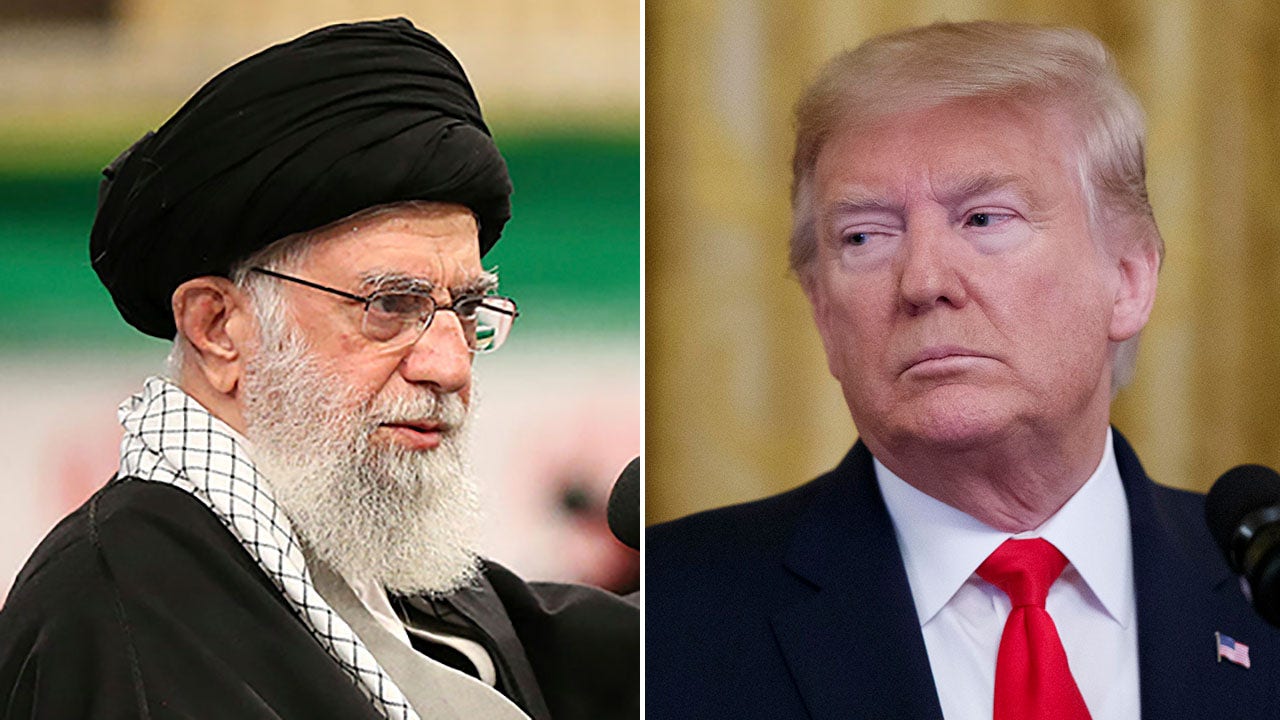Iran seems to reject Trump’s letter amid tensions over regime’s nuclear program

President Donald Trump’s attempts to kick-start talks on dismantling Iran’s illicit nuclear weapons program were met with rejection by the Islamic Republic on Sunday. In response to Trump’s latest threat to the regime, Iran’s President Masoud Pezeshkian stated that they are not avoiding talks, but rather the breach of promises has caused issues in the past. Pezeshkian emphasized the need for the U.S. to prove that they can build trust.
Trump, in a recent interview with NBC, warned that if a deal is not reached, there could be bombing and secondary tariffs imposed on Iran. The U.S. and Iranian officials are currently engaged in talks, with the possibility of indirect negotiations still on the table.
Experts have noted that Iran’s return to its standard playbook of opaque indirect talks raises questions about whether Trump would authorize military strikes to eliminate Iran’s nuclear weapons program. After Iran’s previous attacks on Israel, Trump could potentially assist the Jewish state in targeting Iran’s nuclear capabilities.
Despite Iran enriching uranium to 60%, just shy of weapons-grade, the regime has not shown any signs of abandoning its pursuit of nuclear weapons. Iran’s disclosure of an underground “missile city” and their increased enriched uranium stockpile have raised concerns among experts.
While U.S. intelligence continues to assess that Iran is not building a nuclear weapon, European intelligence agencies believe otherwise. European institutions have reported that Iran is working towards testing an atomic weapon and seeking illicit technology for its nuclear weapons program.
The White House has not responded to Iran’s rejection of talks, but there is speculation that indirect negotiations may still be possible. Iran’s regime, desperate for economic relief, may attempt to lure the Trump administration into a new deal similar to the 2015 JCPOA agreement. However, President Trump has been consistent in his rejection of the JCPOA framework, raising doubts about the success of any new diplomatic efforts.
In conclusion, the ongoing tensions between the U.S. and Iran over the nuclear issue highlight the challenges of diplomacy in the region. As both sides navigate the complexities of negotiations, the possibility of military action looms large, underscoring the high stakes involved in the pursuit of a nuclear deal.




